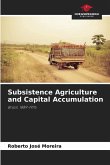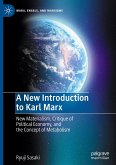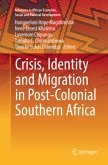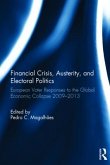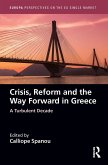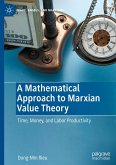The conjunctural dynamics of the Zimbabwe crisis after 2000 have produced a distinctive pattern of accumulation. Four features are noticeable in this pattern firstly; disorder and/or violence has become common, both as a general feature and driver of wealth accumulation and the political project accompanying it. Secondly; the State has increasingly become more central and pervasive in driving accumulation and in the distribution of both economic and political goods. Thirdly, the crisis has awakened, reinforced and reshaped a distinctive acquisitive culture peculiar to the period in question, albeit resonating with the historical formation of Zimbabwe s ruling elite. Lastly, the current crisis has modified and reinforced a culture of strategic contradictions within ZANU-PF. This work analyses Zimbabwe s political economy of crisis in the post 2000 period. Using a broad combination of a contextual analysis and a close case-study of informal gold mining it examines how the Zimbabwean ruling elite and those connected to the state have benefited from the unregulated forms of accumulation attending the Zimbabwean crisis.
Bitte wählen Sie Ihr Anliegen aus.
Rechnungen
Retourenschein anfordern
Bestellstatus
Storno


